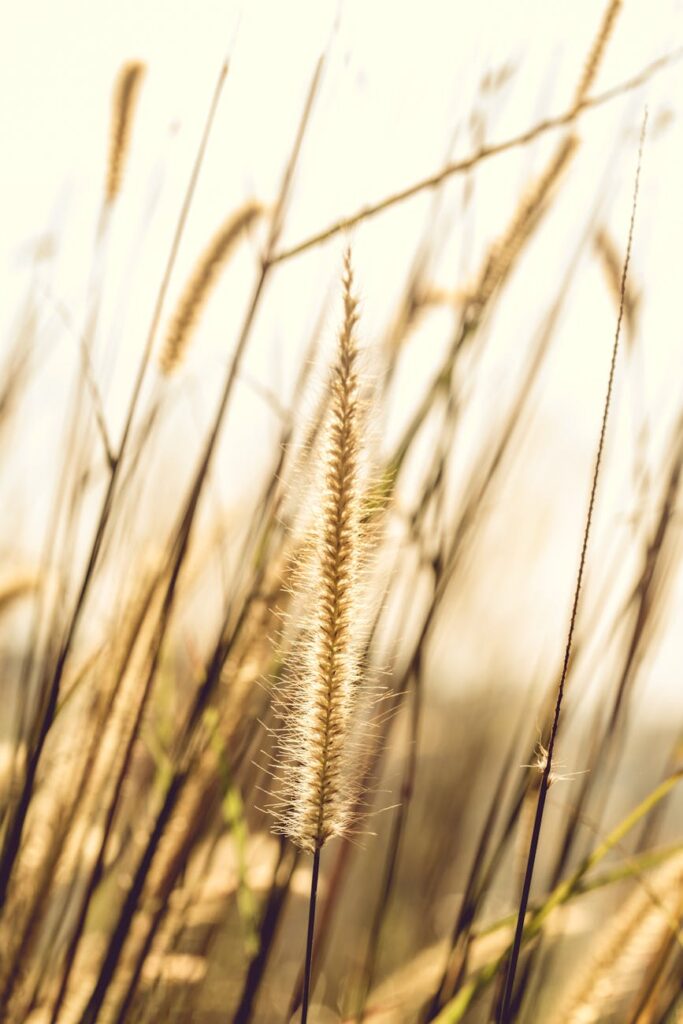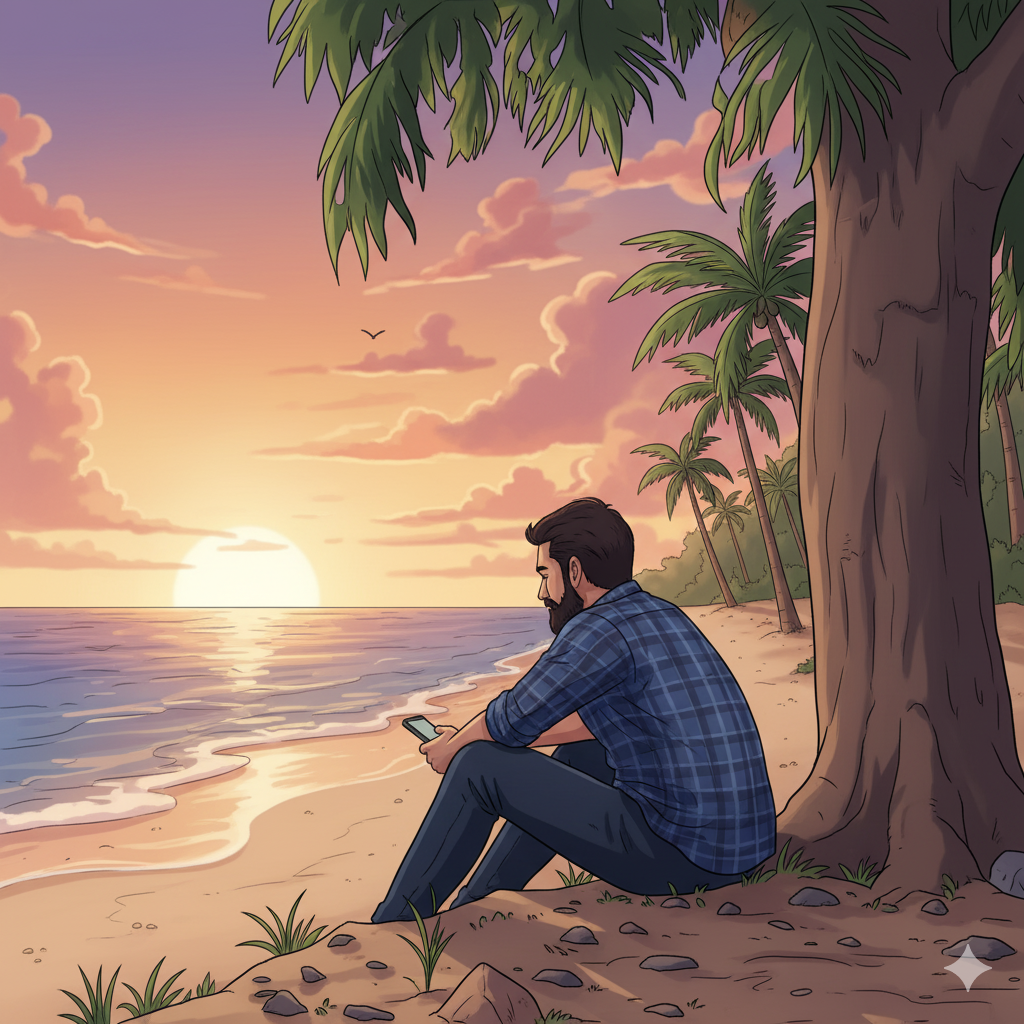The wind whispered secrets through the towering stalks of sunstone wheat, a grain said to have been kissed by the very dawn itself. In the heart of the valley, nestled amongst these golden fields, lived Elara, a chef unlike any other. Her kitchen, a humble clay-walled structure, held within it a legacy older than the mountains that ringed their world. For Elara was the keeper of a recipe, not crafted by mortal hands, but bestowed upon her ancestors by the Celestial Baker, a deity of myth and legend. It was a recipe for the Ambrosia Loaf, a bread said to hold the very essence of life, capable of healing the sick, inspiring the weary, and filling even the emptiest heart with joy.
Elara, with her hands calloused from years of kneading and her eyes the color of the rich soil she worked, treated the recipe with reverence. The parchment, brittle with age, was kept wrapped in silk within a cedar chest, only brought out under the light of the harvest moon. Each ingredient was painstakingly sourced: spring water collected from the whispering falls, sunstone wheat ground between millstones blessed by the village elder, and wild honey harvested from hives hidden deep within the whispering woods. Even the fire used to bake the loaf was special, kindled with wood from a sacred grove, its flames said to carry prayers to the heavens.
But this year, the harvest was poor. A blight, unseen before, had withered the sunstone wheat, leaving the fields barren and the villagers facing a bleak winter. Despair hung heavy in the air, heavier than the smoke from dying embers. Elara, her heart aching for her people, knew she had to act. She retrieved the sacred recipe, her hands trembling. Could she, a mere mortal, dare to alter the divine instructions? Could she find a way to bake the Ambrosia Loaf with ingredients not blessed by the gods themselves?
Days turned into weeks as Elara experimented. She tried substituting the sunstone wheat with common barley, the spring water with collected rainwater, but each attempt resulted in a pale, lifeless imitation. The scent of burnt offerings filled her kitchen, a testament to her failures. The villagers, watching her tireless efforts, offered words of encouragement, their hope dwindling with every failed loaf. Elara, exhausted and disheartened, felt the weight of their expectations bearing down on her, crushing her spirit. One evening, as the sun dipped below the horizon, painting the sky in hues of orange and violet, Elara sat by the whispering falls, the sacred recipe clutched in her hand. Tears streamed down her face, mixing with the cool water that splashed onto her cheeks. She had failed. She had failed her people, and she had failed the gods.
Suddenly, a voice, soft as the rustling leaves, spoke to her. “The recipe is not a cage, child, but a guide. The spirit of the Ambrosia Loaf lies not in the specific ingredients, but in the love and intention you pour into it.” Elara looked around, but saw no one. Was it the Celestial Baker speaking to her? Or simply the whisper of the wind playing tricks on her weary mind? Taking a deep breath, Elara returned to her kitchen, a newfound determination burning in her eyes. She discarded the strict adherence to the original recipe and began to improvise. She used the barley, not as a replacement for the sunstone wheat, but as an ingredient in its own right. She added dried berries and nuts, foraged from the forest, infusing the loaf with the flavors of the land. She poured into the dough not just the ingredients, but her love for her people, her hope for their survival, and her gratitude for the gifts of the earth.
As the loaf baked, a warm, golden light filled the kitchen, a light that seemed to emanate from the oven itself. The aroma that wafted out was unlike anything Elara had ever smelled before. It was the scent of hope, of resilience, and of the enduring spirit of life. When the loaf was finally ready, Elara presented it to the villagers. As they broke the bread and shared it amongst themselves, a sense of peace washed over them. The loaf, though different from the traditional Ambrosia Loaf, held the same magic, the same power to nourish and heal. It wasn’t the ingredients themselves, but the love and intention that Elara had poured into it, that had awakened the spirit of the loaf.
That winter, though harsh, was not the famine they had feared. The villagers, sustained by the modified Ambrosia Loaf and inspired by Elara’s ingenuity, found new ways to survive. They discovered edible roots and mushrooms they had never noticed before, and learned to preserve their meager harvests. The story of Elara, the chef who dared to deviate from the divine recipe, became a legend passed down through generations. It taught them that true faith lies not in blind adherence, but in the courage to adapt, to innovate, and to trust in the power of human ingenuity, guided by the wisdom of the gods.

Years later, Elara, now an old woman with silver hair and eyes that held the wisdom of ages, sat by the whispering falls, telling the story of the Ambrosia Loaf to a group of young children. The sunstone wheat had returned, the fields once again golden under the sun. But the lesson learned during the blight had not been forgotten. The villagers continued to bake the modified Ambrosia Loaf, a testament to their resilience and a reminder that even in the face of adversity, hope, ingenuity, and a dash of divine inspiration could nourish the body and soul. The wind whispered through the stalks of sunstone wheat, carrying Elara’s words, a legacy of faith and adaptation, a recipe not just for bread, but for life itself.
And so, the legend of the chef who followed, and then reinterpreted, a recipe handed down from the gods themselves, continued to echo through the valley, a beacon of hope in a world constantly changing, reminding everyone that sometimes, the greatest miracles are born from the courage to deviate from the prescribed path.
Elara smiled, watching the children’s faces, alight with wonder. The recipe, once a sacred text, had become a living testament to the power of human spirit, a symbol of the enduring bond between the mortal and the divine. The wind rustled the wheat fields, a gentle whisper that carried the promise of another harvest, another cycle of life, another loaf of Ambrosia bread, baked with love, intention, and the wisdom gleaned from a time of hardship, forever etched in the heart of the valley.






Leave a Reply